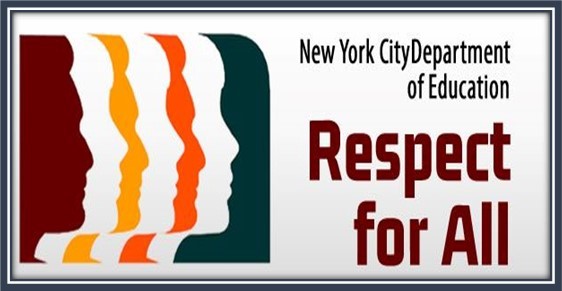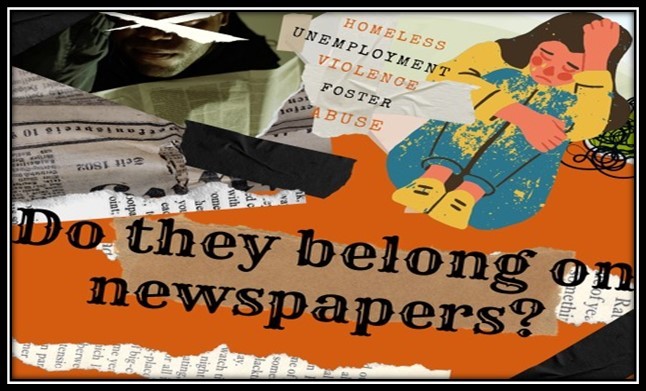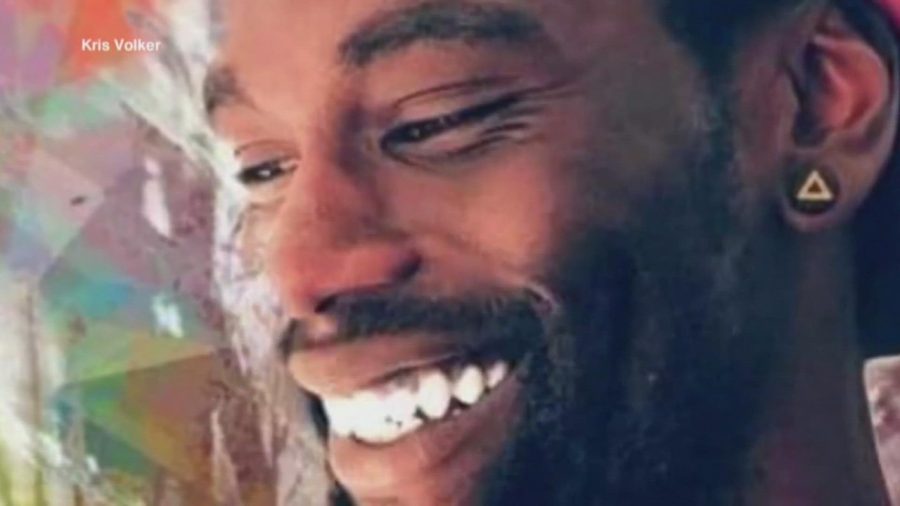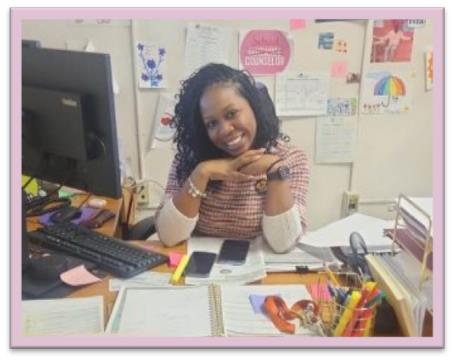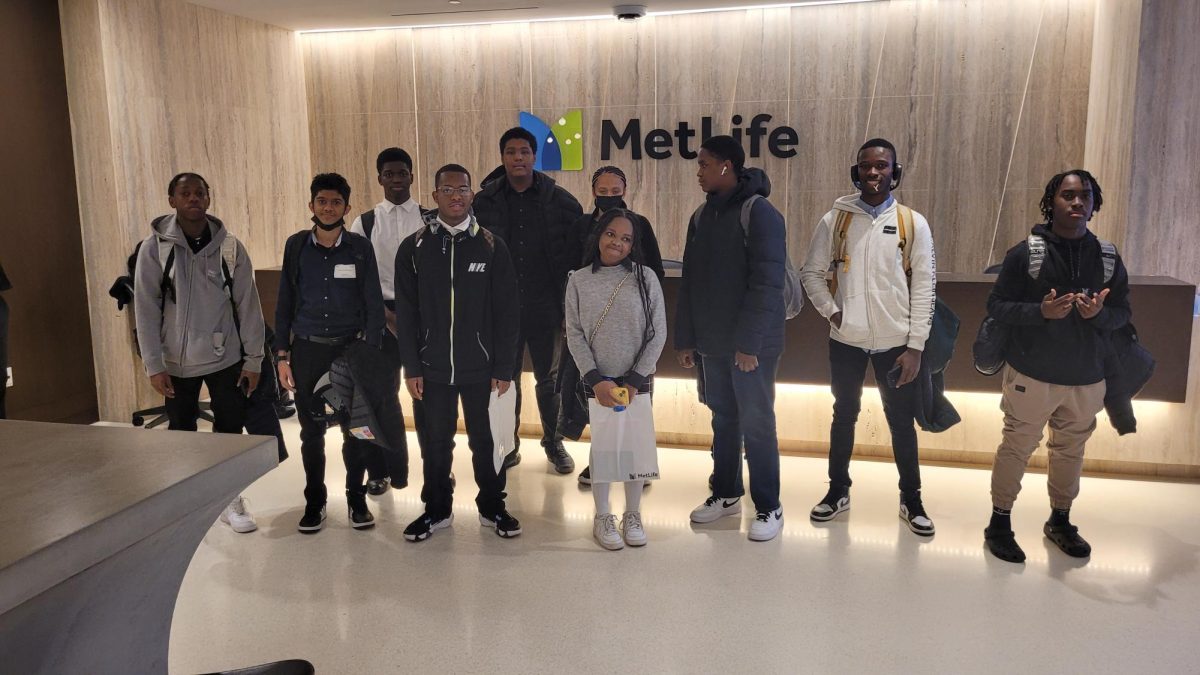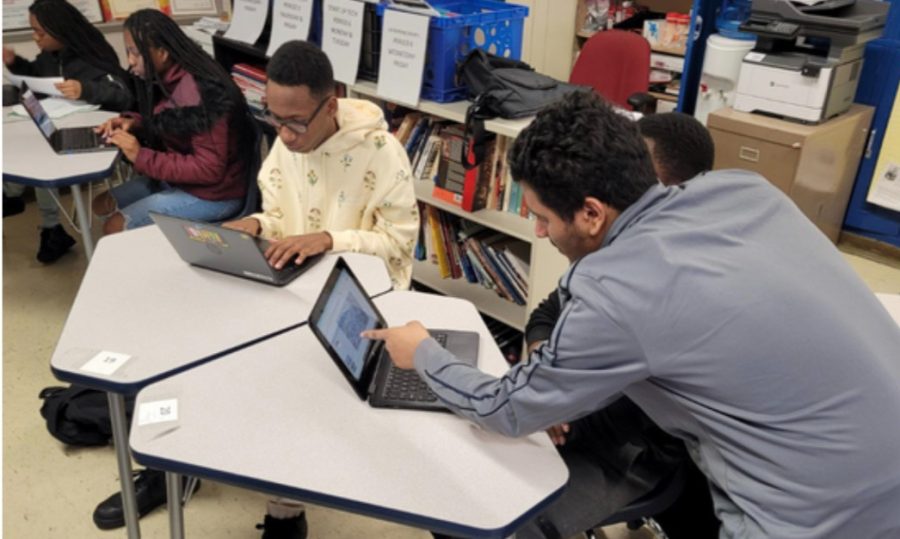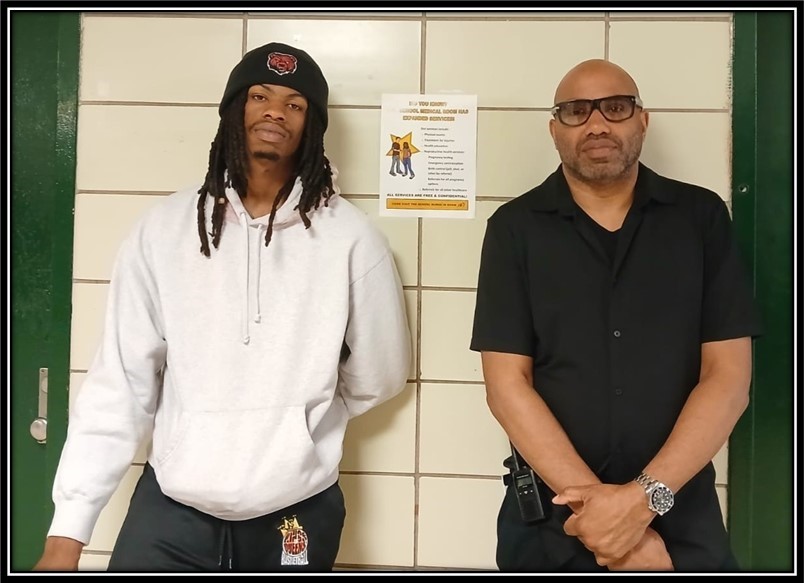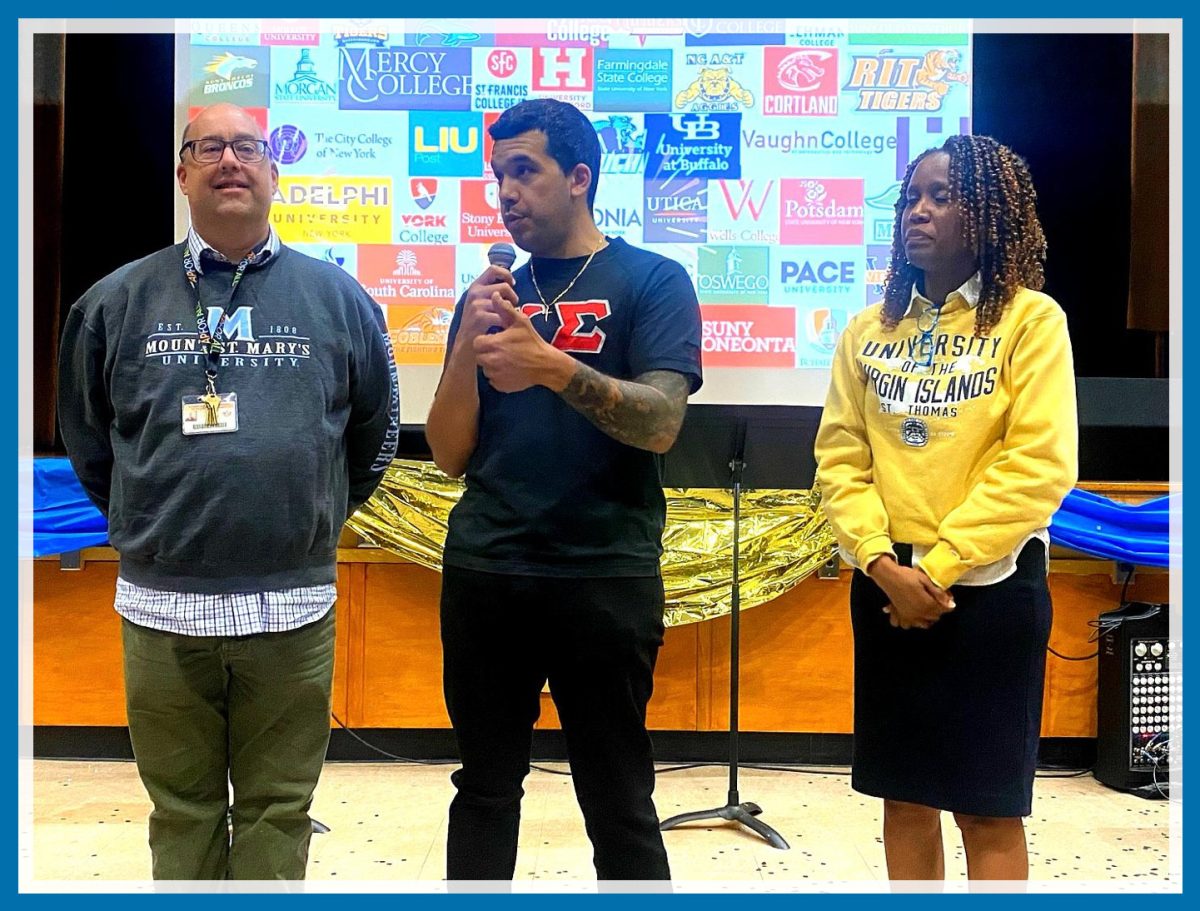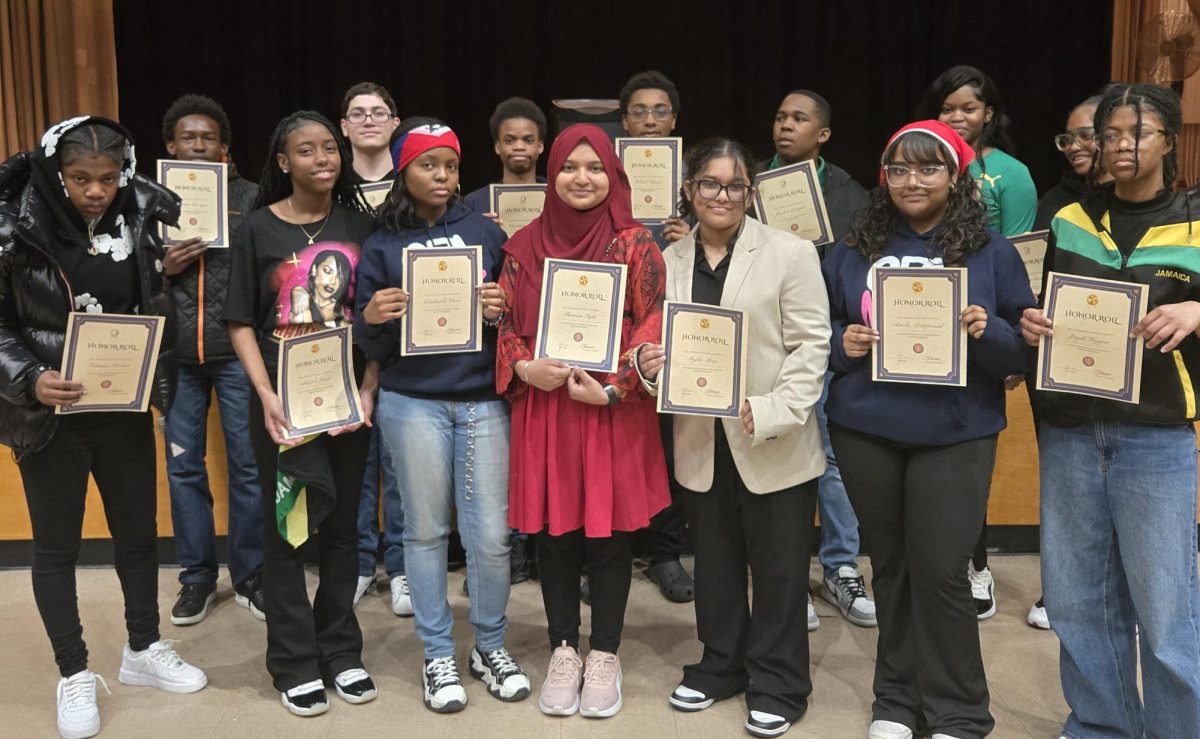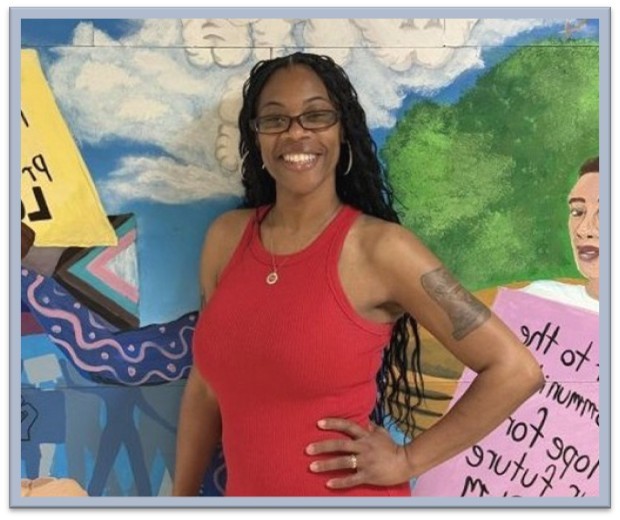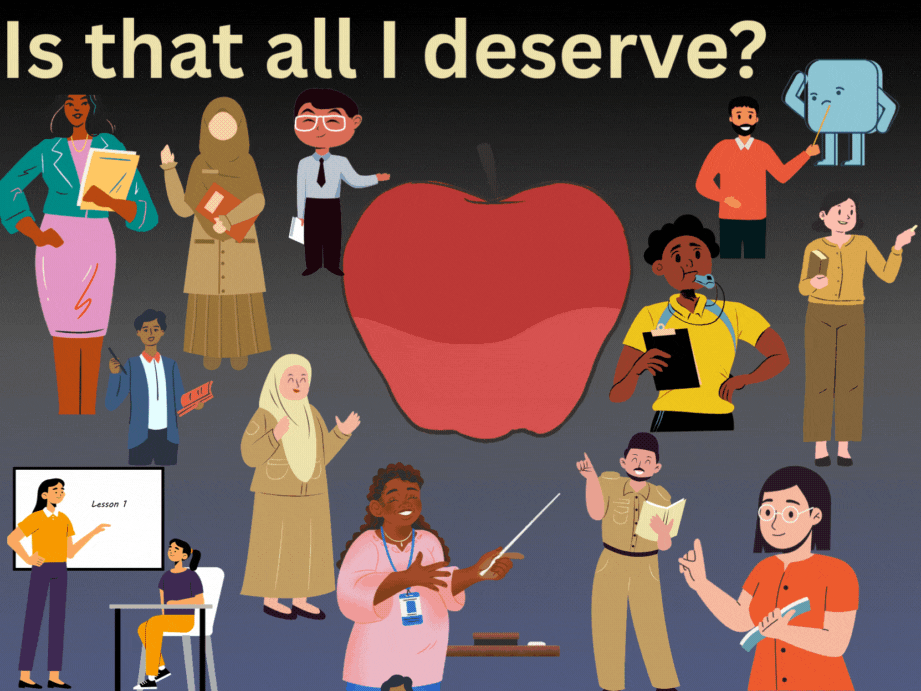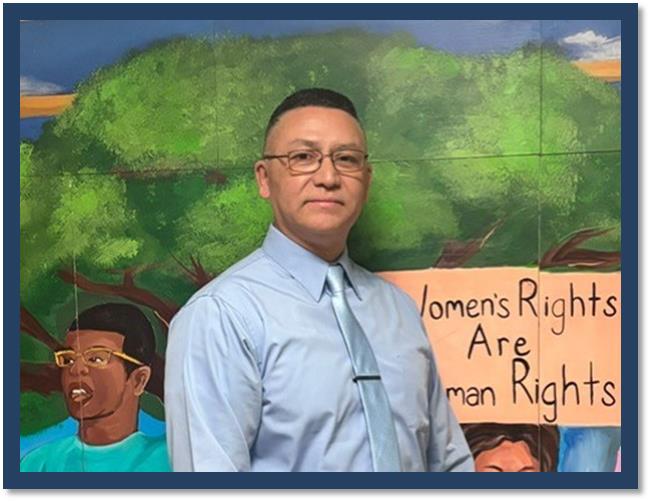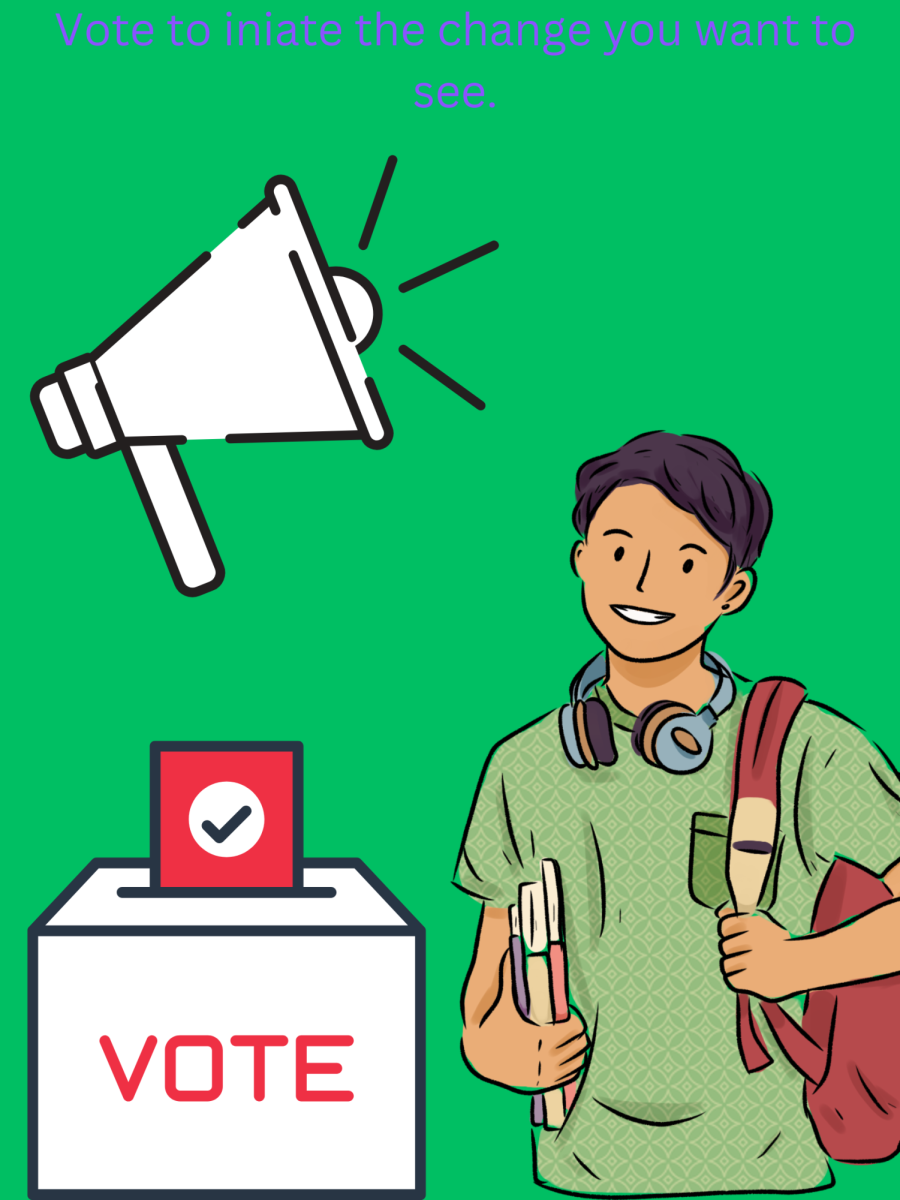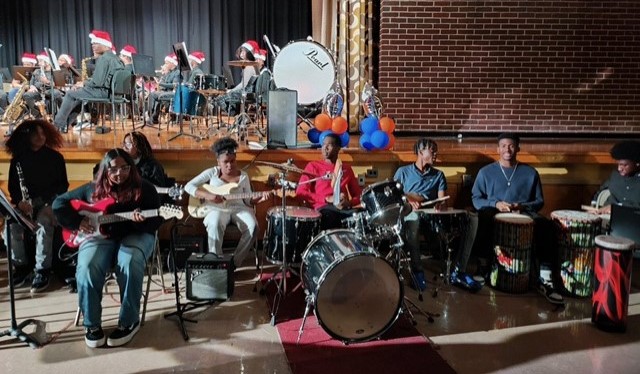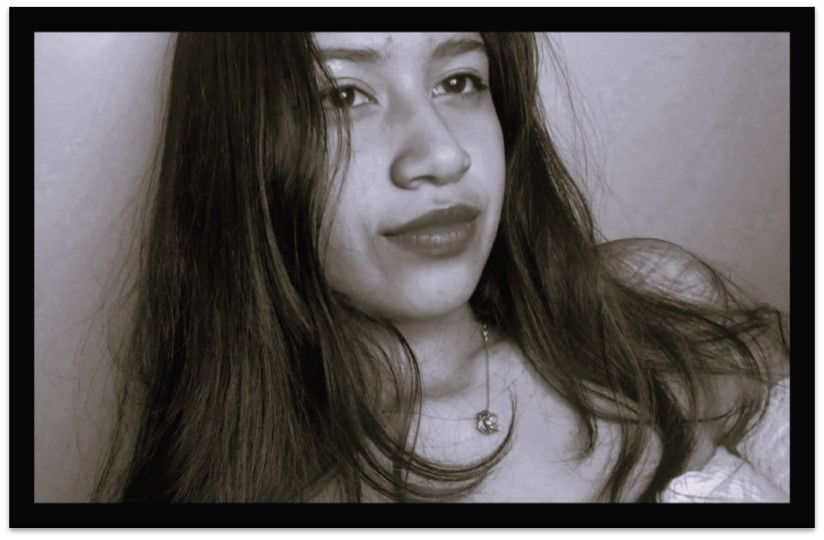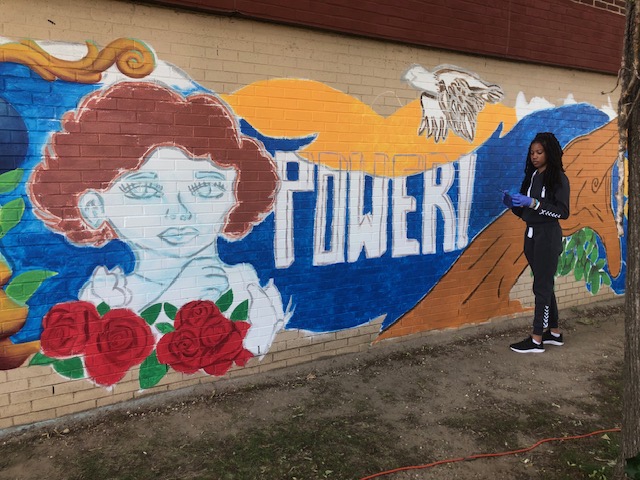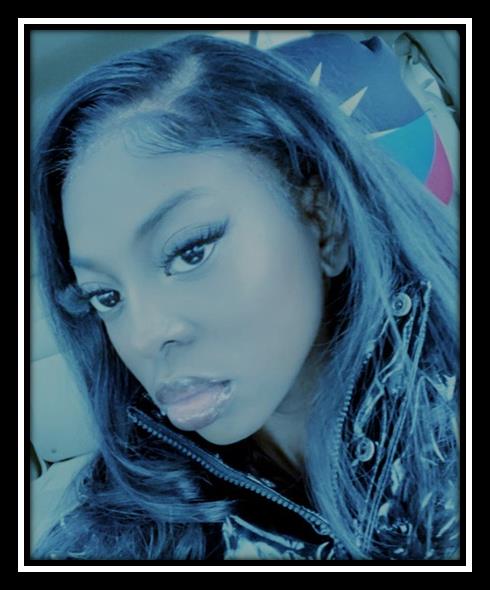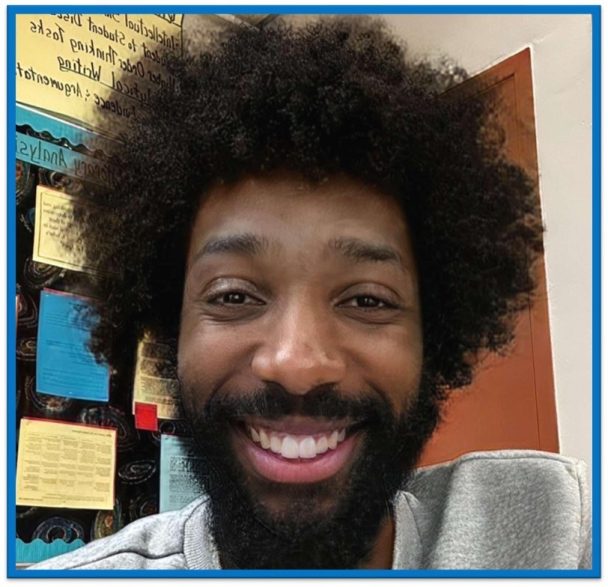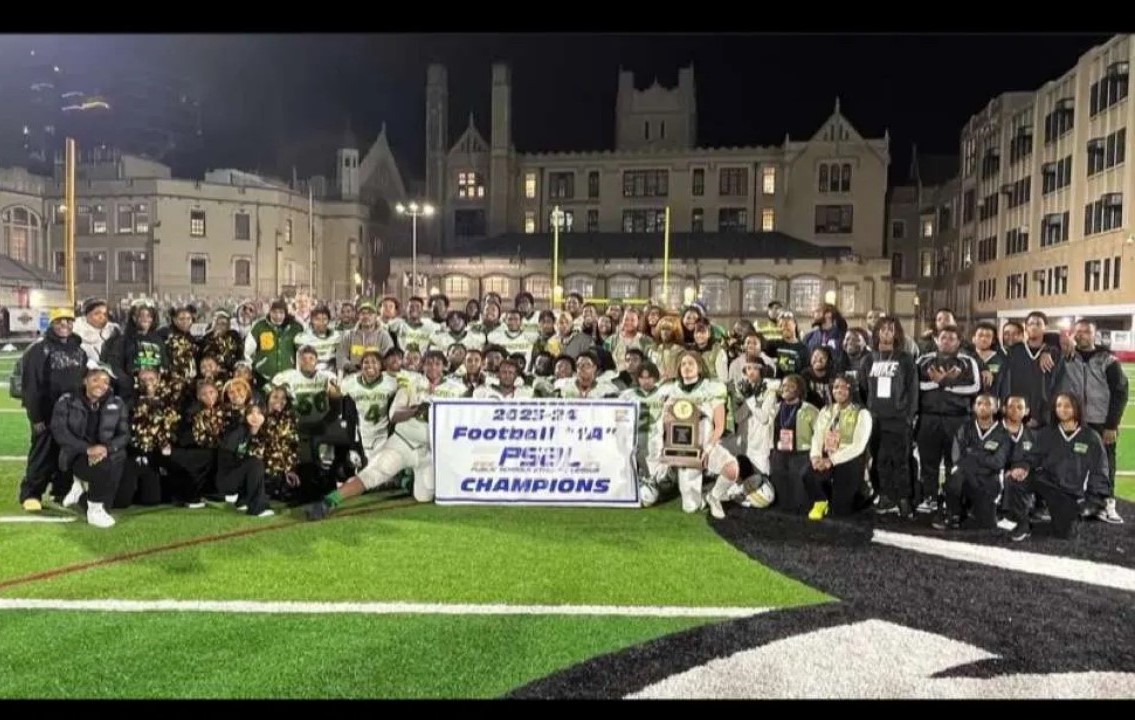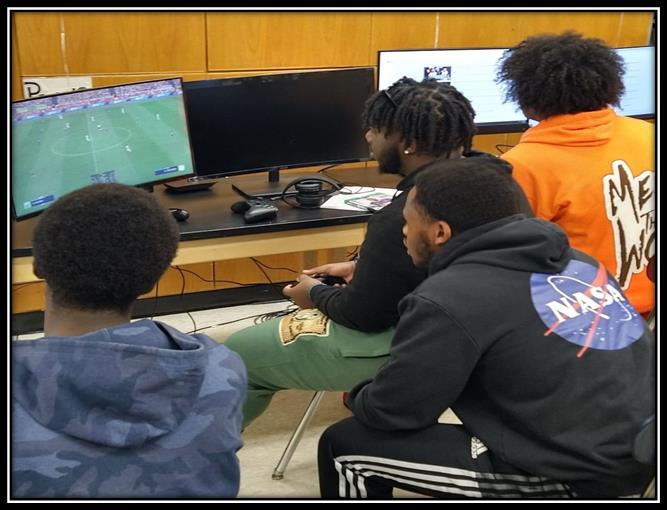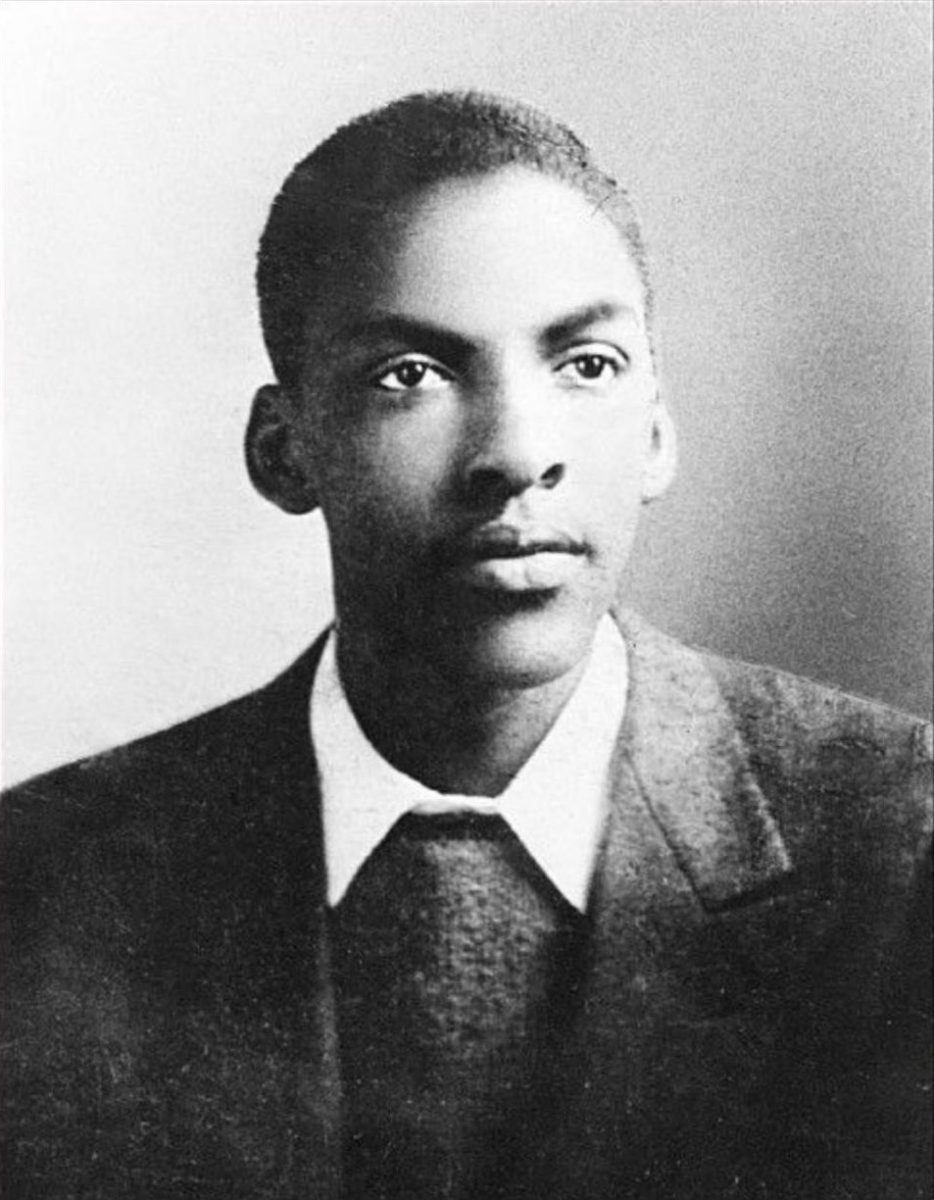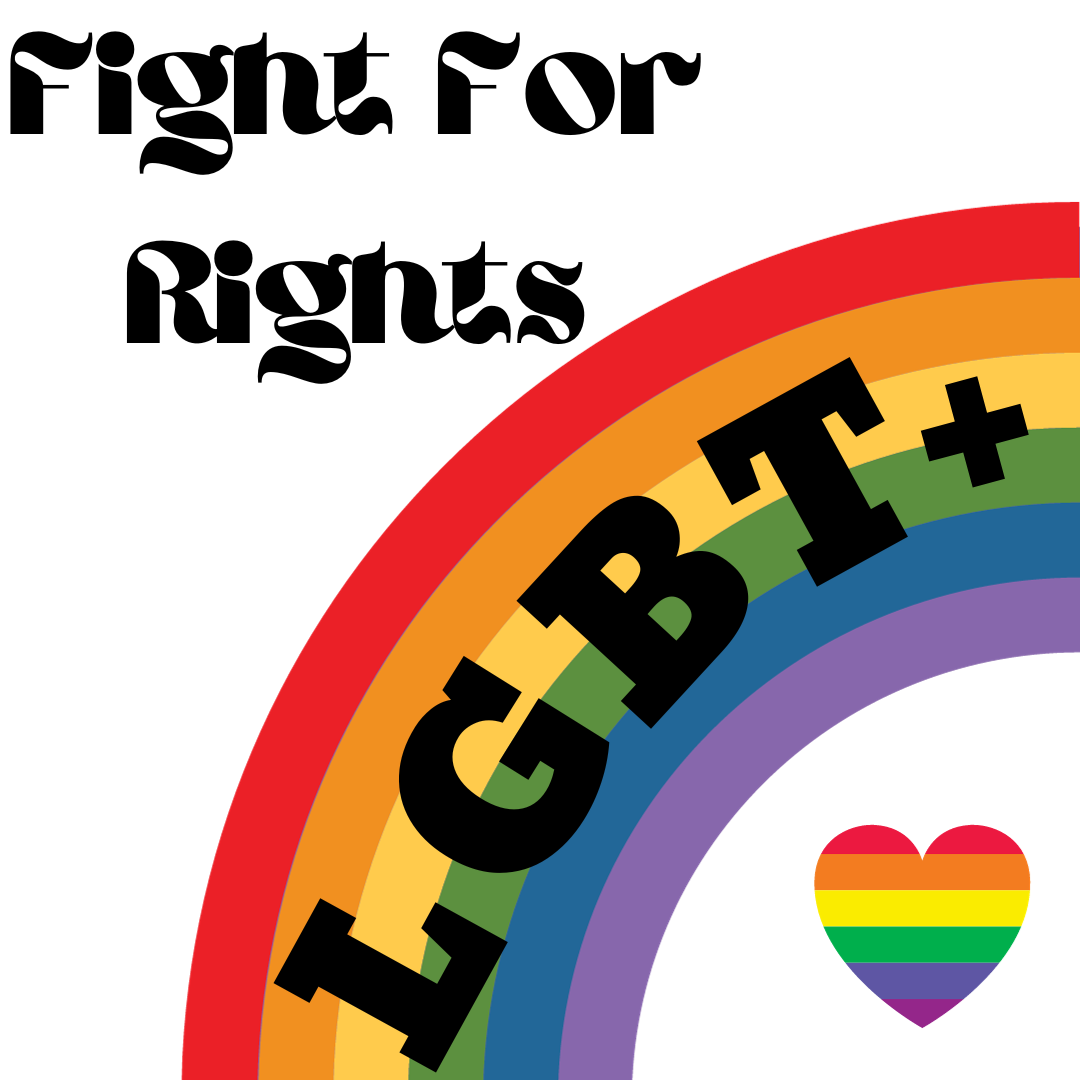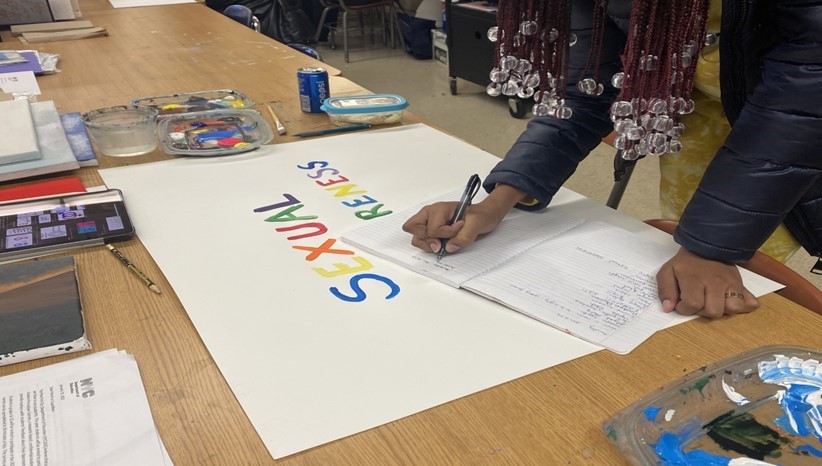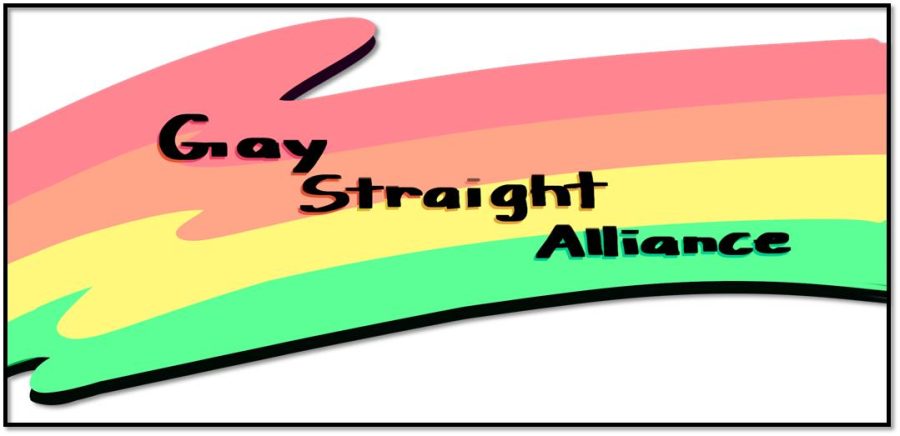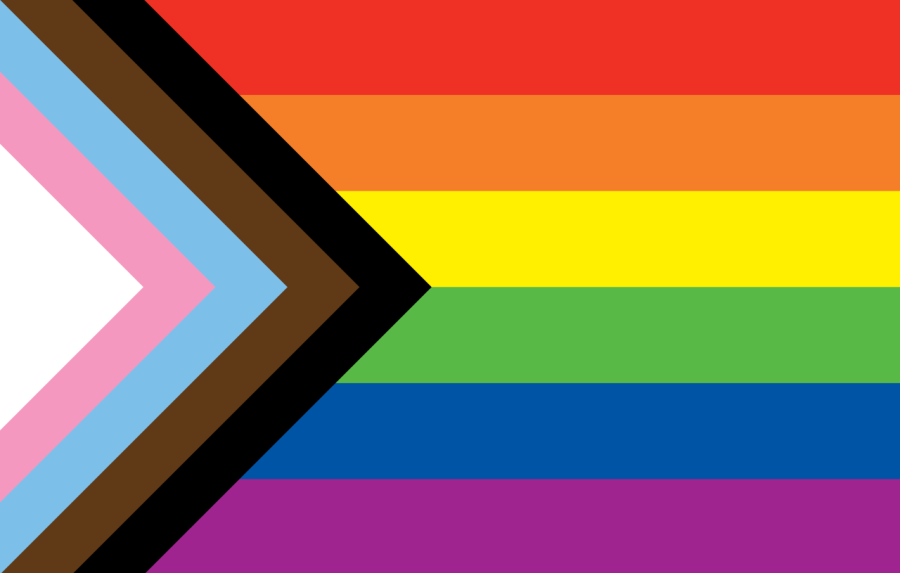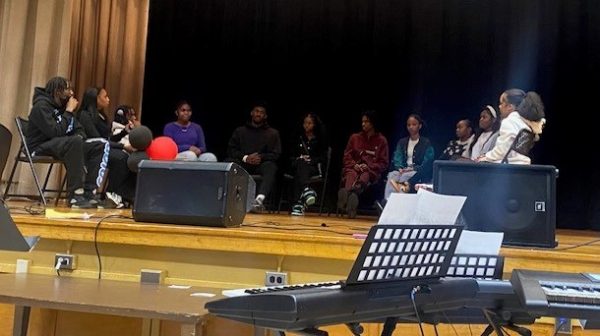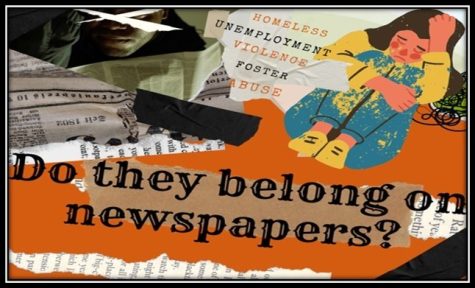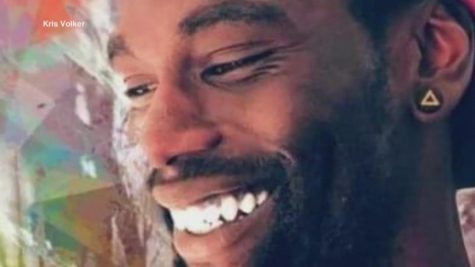How Racial Injustice Affects Us
Minorities and Mental Health

Racial injustice refers to when someone is being discriminated against, denied service or not allowed the same advantages as the majority because they are a minority.
In some cases, the majority may not see it as such, because this status quo may benefit them, and they may only speak out if these benefits stop. Moreover, in the United States, the way the White majority perceived some minority groups centuries ago is still embedded in their minds today, which in turn affects minorities in all areas in this society: from healthcare and social services to education and the job market. However, it also impacts the way minorities see themselves, which could affect their mental and emotional well-being.
Have you ever felt uneasy in a room
when you’re the only person of color there?
Unintended Consequences
It’s very clear that the way minorities are viewed is affecting teens and adults of color everywhere in America. Dr. Sandy Fogo, a child psychologist employed by the Department of Education, believes more awareness and open-mindedness is needed by those in minority communities to deal with this issue. “The problem with Black culture is that we already have the stigma of not being good enough or smart enough because we’re Black,” she admits. She believes it’s an added burden for young minorities in the process of finding themselves.
Then there’s the fact that so many young men of color appear to be at risk of becoming victims of the police. They watch African American lives being broken and are aware that the justice system has done little to ensure effective change. “I think young people see what’s going on and they don’t feel safe because of the color of their skin and that can definitely lead to mental health issues,” Dr. Fogo mentions. “They may become paranoid, and then they may even become hopeless and helpless thinking they’ll never get ahead because of the color of their skin.”
Dr. Fogo believes it’s a defining issue
that can take a toll on your mental health,
increasing the risk of depression, anxiety, and trauma.
Old Habits Die Hard
Ms. McKenzie, a social worker with clients in Brooklyn and Queens, claims that many of her minority patients report that their family or friends ostracize them because of their mental issues. They either keep their distance, or tell them the solution is spirituality. “They’re telling them they should pray more,” Ms. McKenzie says. “They’re going to church more often without getting to the root of the problem and understanding that sometimes medication, therapy, or a combination of the two would help, which is oftentimes not embraced by their culture.”
It can be claimed that the unequal treatment of some groups is built into the very structure of American society. This is reflected in different levels of access to resources like health insurance, consistent medical treatment, stable housing, affordable nutrition, reliable transportation services and adequate income. Along with more direct forms of racism: the mini aggressions that many people of color experience—like being watched extra closely when shopping—these issues have a profound impact on minorities’ psychological and physiological health. According to Mental Health America, approximately twenty-five percent of African Americans receive therapeutic services compared to forty percent of Whites. Meanwhile, only three percent of therapists are Black.
The Numbers Speak for Themselves
In addition, data from the National Institute of Mental Health reveals that sixteen percent of African Americans suffer from mental illness. When compared to White people with the same symptoms, African Americans are more likely to be diagnosed with schizophrenia and less likely to be diagnosed with mood disorders. Dr. Fogo believes most people of color are not assessed for the trauma that comes from how they’re viewed in society. Nobody focuses on the fact that who we are and the things we went through can lead to mental and emotional trauma. “They don’t spend the time to dig deeper to see what you’ve been through,” Dr. Fogo claims. “So they often ignore the trauma and give you a diagnosis and give you medicine that doesn’t work because that’s not what you have.”
Data from The Sentencing Project reveals that 40% of African Americans are in prison, but make up 13% of the total population of the United States. Meanwhile, many African American teenagers, especially black boys, feel threatened by police officers because of their color.
QPA Speaks Out
Some QPA students admit to keeping their distance from White people they don’t know because they are afraid of being judged or rejected. QPA Senior Timothy Mathis believes that since the George Floyd incident, most black teens are afraid of the police. People of color struggle with a deep sense of anger, frustration, and sadness in the days following George Floyd’s death, and the horrifying and unjust killings of African American by the police has taken a toll on African Americans’ mental health. They feel that their safety is being threatened, and that shouldn’t be happening to any citizen of this country.
So, taking these facts into consideration, you shouldn’t overlook those uncomfortable feelings you may have in certain settings. People of color have been, and continue to deal with significant trauma in this society. It’s time to build awareness, and take the necessary steps to follow the path to healing—for all Americans.
Your donation will support the student journalists of Queens Preparatory Academy. Your contribution will allow us to purchase equipment and cover our annual website hosting costs.


